Every home has a story — and accent furniture is the punctuation mark that gives that story flair. It’s what transforms a simple room into a reflection of your personality, adding depth, contrast, and style. Whether you love bold statement pieces or subtle touches, accent furniture is the secret to a well-rounded, designer-inspired home.
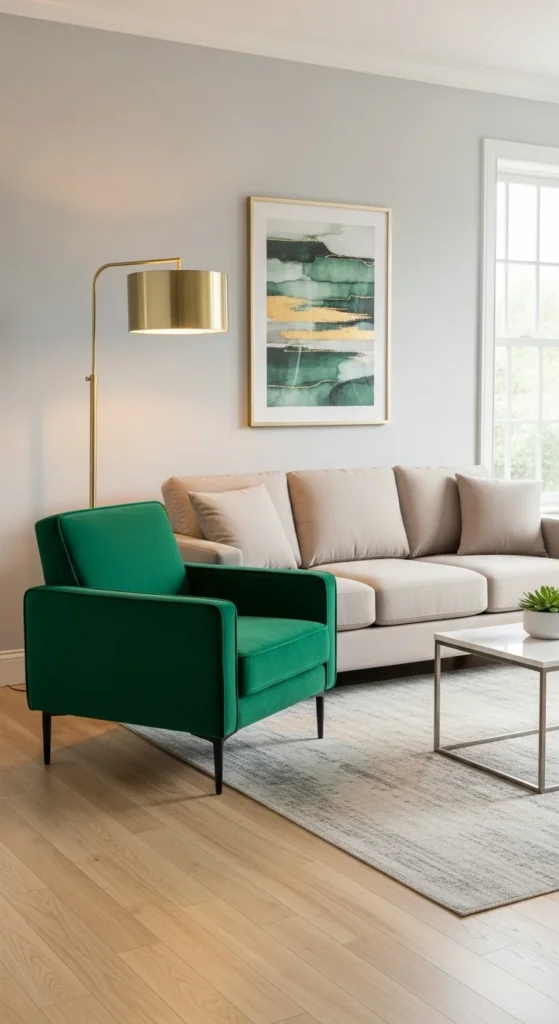
What Is Accent Furniture?
Accent furniture refers to pieces that add personality, color, or style beyond their main function. These items stand out — they accentuate your decor rather than blend into it. Think of them as the jewelry of your room: you don’t need a lot, but the right piece can elevate everything around it.
Common examples include:
- Accent chairs
- Console tables
- Ottomans
- Statement coffee tables
- Decorative benches or sideboards
Choose One Statement Piece Per Room
The key to using accent furniture effectively is balance. If every item screams for attention, your space can quickly feel cluttered. Instead, select one statement piece that draws the eye.
- In your living room, this might be a bold velvet armchair.
- In the bedroom, consider an upholstered bench at the foot of the bed.
- For the entryway, a sleek console table can set the tone for the rest of your home.
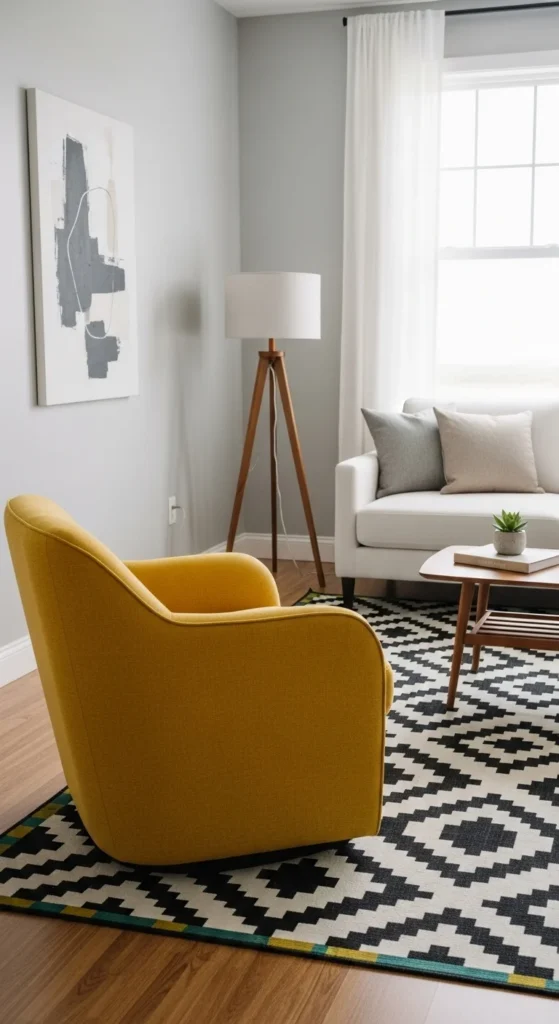
Tip: Let your statement piece guide the rest of your decor. Pull accent colors or textures from it to create harmony throughout the space.
Mix Textures and Materials
Combining different materials can instantly make your home look more curated. Accent furniture offers the perfect opportunity to play with contrasts — wood against metal, velvet with linen, or rattan beside glass.
Here’s how to do it stylishly:
- Pair a marble-topped side table with a soft linen sofa.
- Mix metallic finishes (like gold or black iron) with natural woods.
- Add woven textures such as wicker or jute for warmth and balance.
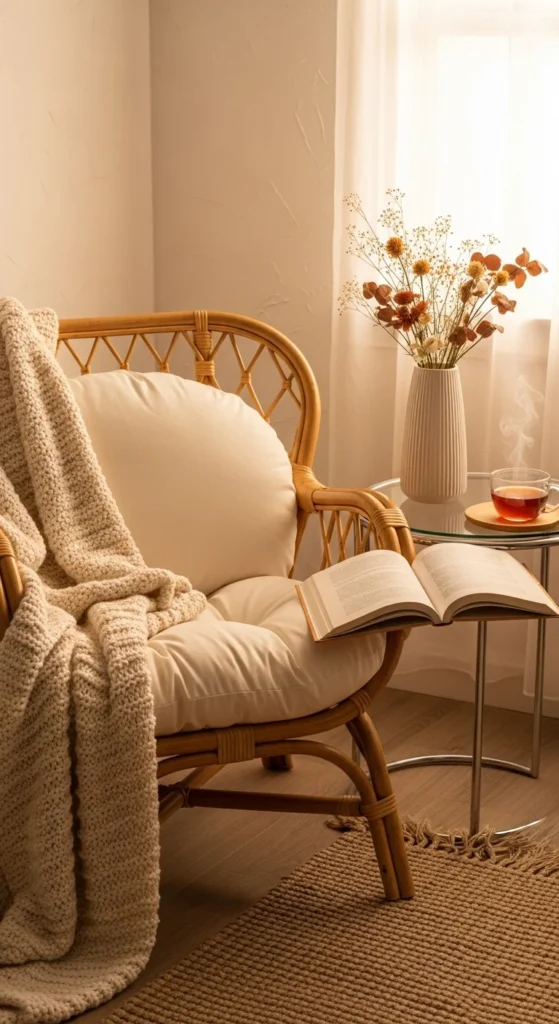
These combinations add tactile interest — making the space feel layered and inviting rather than flat or overly matched.
Play with Color and Pattern
Accent furniture is your chance to inject personality through color and pattern without committing to a full redesign. It’s easier to swap out an accent chair or side table than to repaint your entire living room.
- Use bold colors like teal, mustard, or forest green for instant impact.
- Choose patterns like stripes, florals, or geometric prints on upholstery.
- Keep your larger pieces (sofas, walls, rugs) more neutral so your accents pop.
If you’re color-shy, start small with a side stool, ottoman, or patterned pouf — it’s a low-risk way to experiment with new looks.
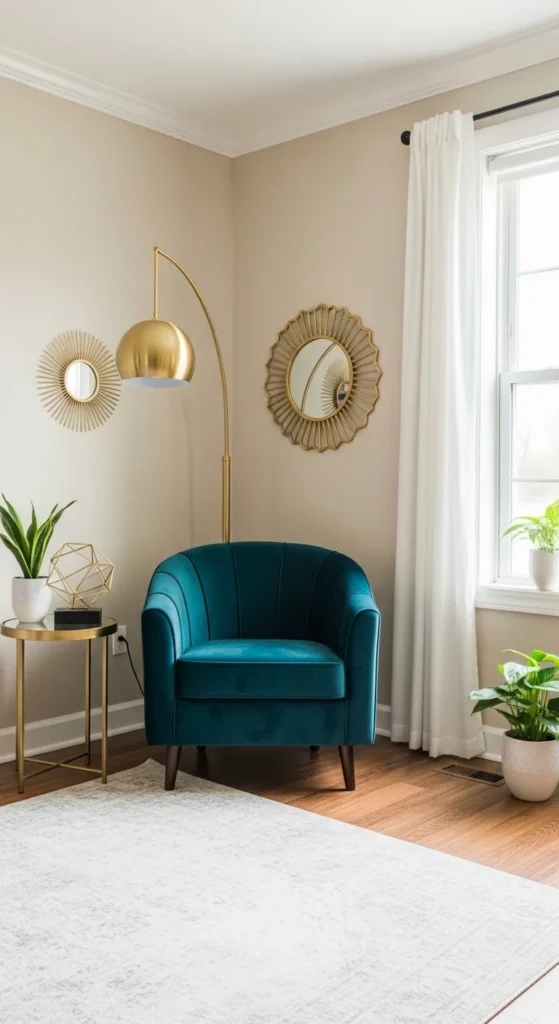
Function Meets Style
Accent furniture doesn’t just look good — it can serve a purpose too. Choose pieces that add both form and function to your space.
Some functional ideas include:
- A storage ottoman that doubles as seating and a place to hide clutter.
- A bar cart or console table that adds sophistication and utility.
- A narrow sideboard in the dining room that provides extra serving space.
Think of it as beautifully practical. You’ll get more value from every piece while keeping your home organized and stylish.
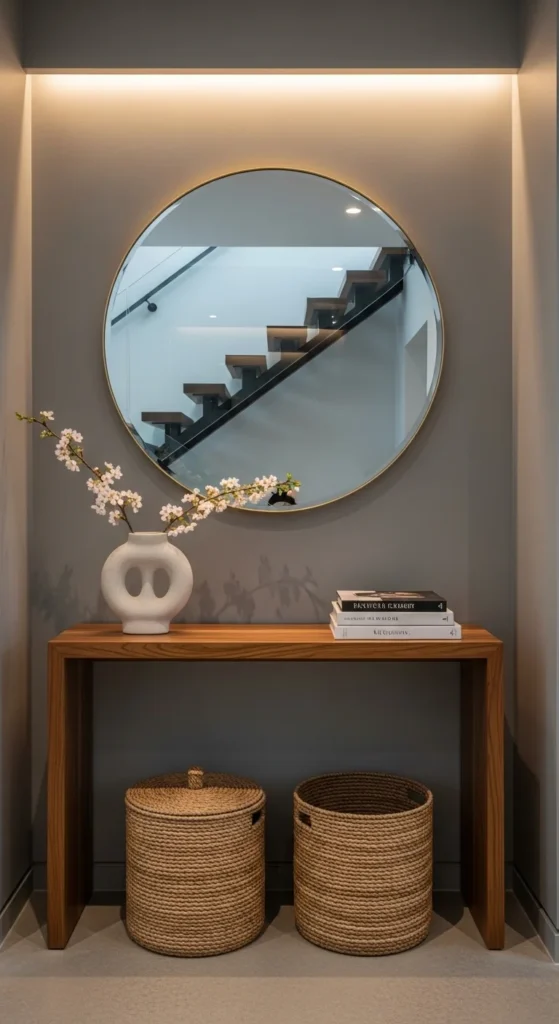
Create Cohesion Across Rooms
Even when your accent furniture varies in color or design, your home should still feel cohesive. The secret lies in repeating design elements like:
- Metal finishes (brushed brass, matte black, chrome)
- Color undertones (warm neutrals or cool grays)
- Textures (linen, wood grain, woven fabric)
This repetition connects each room visually, making your entire home feel thoughtfully designed.
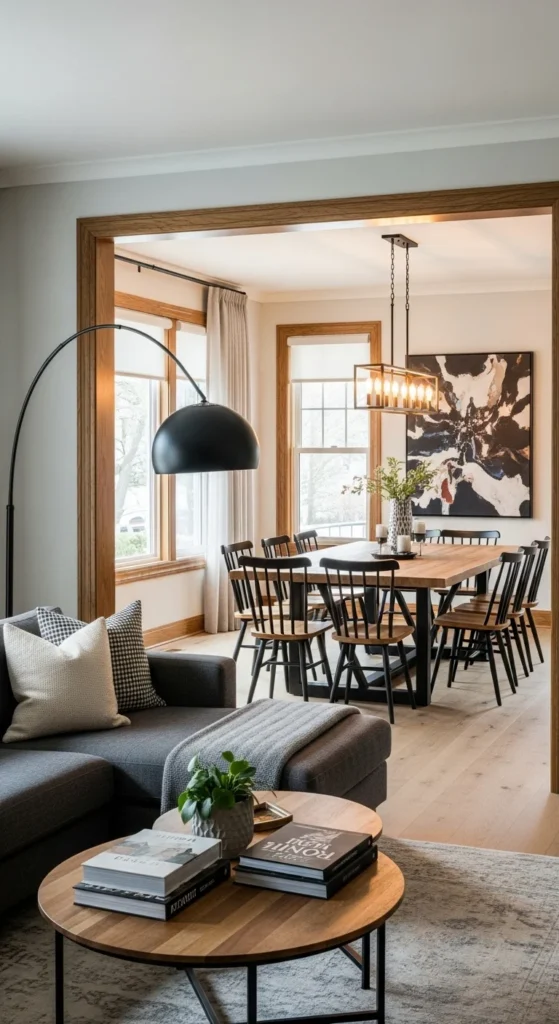
Don’t Forget the Details
Accent furniture works best when supported by small details — cushions, rugs, artwork, and lighting. Layering these accessories around your accent piece creates a complete, styled look.
For example:
- Pair an accent chair with a floor lamp and small side table.
- Add a coordinating throw pillow or textured rug to echo its colors.
- Include artwork or wall decor nearby to anchor the setup visually.
Little touches bring everything together and help your accent furniture shine.
Final Takeaway
Accent furniture is where practicality meets personality. By mixing textures, experimenting with color, and choosing pieces that reflect your style, you can transform a plain room into a beautifully curated space.
Start small — maybe with one chair, bench, or table — and build from there. The right accent piece can turn your home from ordinary to unforgettable.
Save this decor guide for later inspiration!
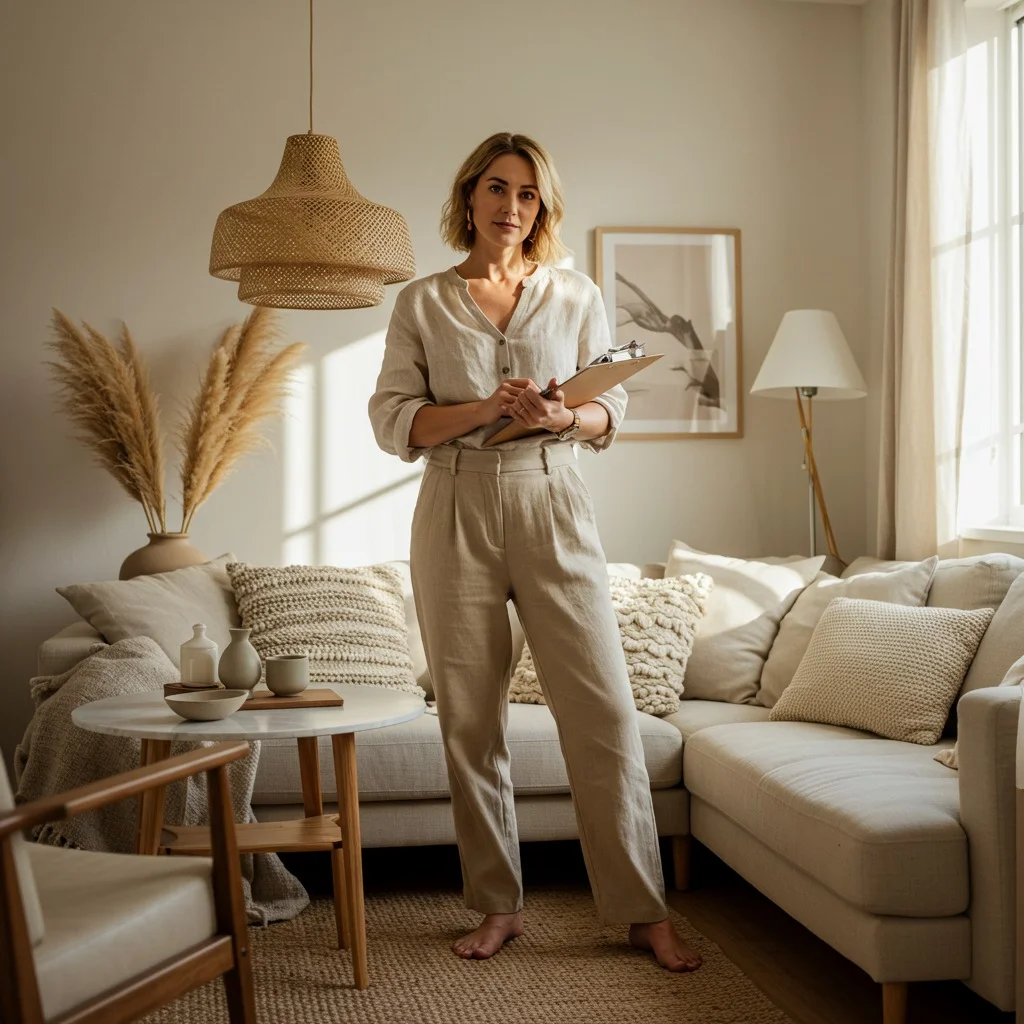


Leave a Reply